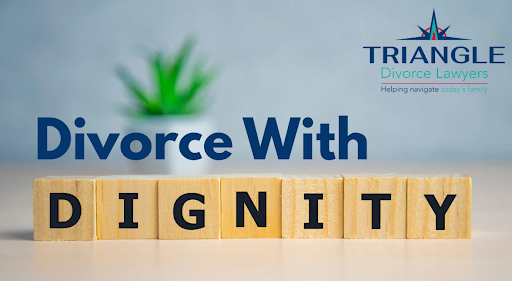January is the time for New Year’s Resolutions, and if you are like me, weight loss is at the top of your list. By all means, proceed with the usual weight loss goals, but this year also make plans to drop a different type of weight… the emotional dead weight that may be holding you back.
When a marriage comes to an end, there will almost certainly be pain. This is true whether you choose to end the marriage or that choice is made for you. In addition, marriages rarely come to an end for positive reasons. Usually, the spouses have been in conflict for some time, resentments have built up and/or there is some painful, terminating event like infidelity, irresponsibility with money or emotional abuse. Whatever the reason for your separation and regardless of who made the ultimate decision to end the marriage, it is likely you are dealing with some very heavy emotions and a great deal of pain. This is perfectly natural, especially for a finite period of time. At some future point, however, you must make a very important decision:




